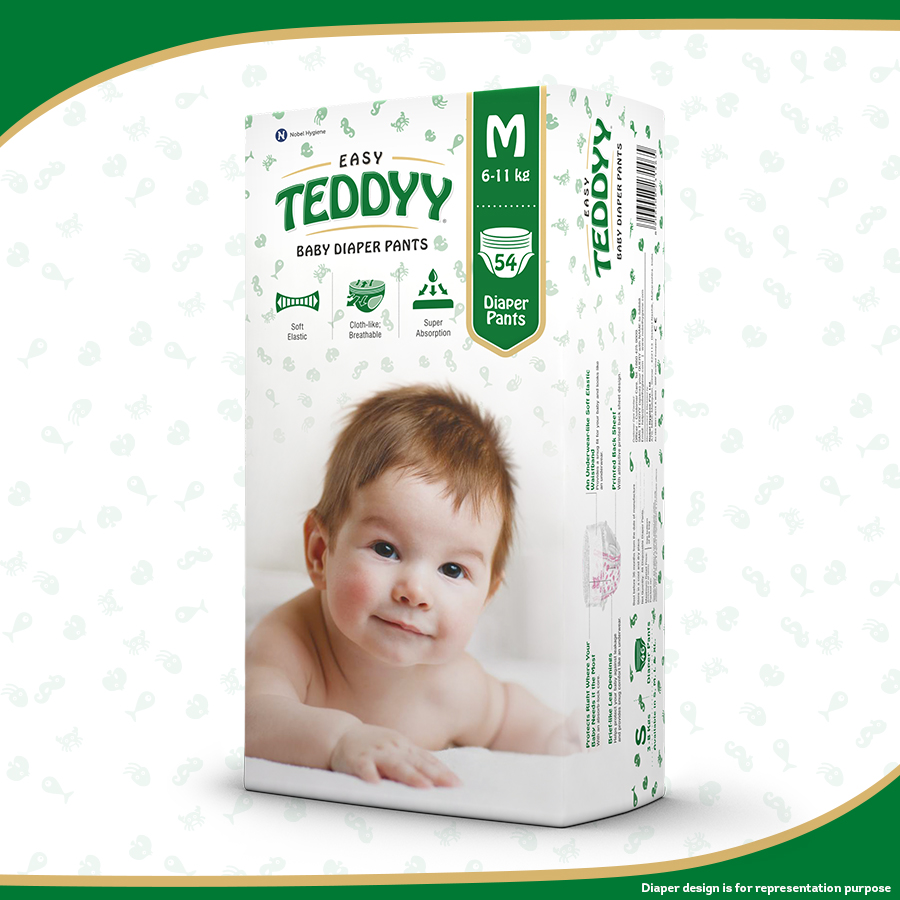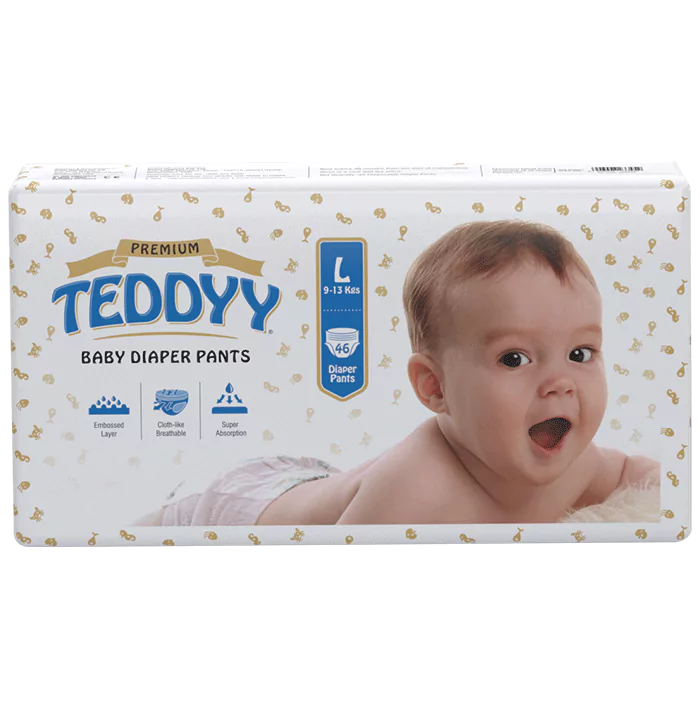Comprehensive Guide to Breast Pain During Pregnancy: Causes and Care
Is Breast Pain an Early Sign of Pregnancy?
Have you noticed your breasts feeling more tender or sore than usual? If you’re experiencing this, you might be wondering if it’s an early sign of pregnancy.
Well, simply put, yes, breast pain can be an early sign of pregnancy. Here’s how you can recognize it:
- Tenderness and Sensitivity: Your breasts might feel unusually tender or sensitive to touch, more than what you experience with PMS.
- Fullness and Heaviness: You may notice a feeling of fullness or heaviness as your breasts begin to change early in pregnancy.
- Aching or Throbbing: The pain may feel like a dull ache or throbbing sensation, often in the first few weeks after conception.
So, what kind of breast pain indicates pregnancy? It’s typically a combination of these symptoms—tender, swollen, and achy breasts—that can signal you might be expecting. Remember, every woman’s experience is unique, but these are common early signs.
Pregnancy Breast Pain Causes
Pregnancy breast pain is a common experience, and understanding the causes can help you feel more at ease:
- Hormonal Changes: During pregnancy, your body produces more oestrogen and progesterone. These hormones cause breast changes during pregnancy, leading to tenderness and discomfort.
- Increased Blood Flow: Your body boosts blood flow to your breasts, preparing them for breastfeeding. This extra circulation can contribute to breast tenderness during pregnancy.
- Breast Tissue Growth: As your breasts prepare for milk production, the tissue grows, making them feel fuller and more sensitive. This growth can lead to breast pain pregnancy symptoms.
- Milk Duct Development: Your milk ducts start to expand and develop, which can cause a stretching sensation and soreness.
These changes are all signs that your body is beautifully adapting to support your growing baby.
Breast Changes by Trimester
Breast changes during pregnancy are normal as your body prepares for the beautiful journey of motherhood. Here’s what you can expect in each trimester:
First Trimester
- Breast Tenderness: One of the earliest signs of pregnancy is breast tenderness. Your breasts may feel sore, sensitive, or tingly due to the surge in hormones. Even slight touches or a bra can feel uncomfortable.
- Fullness and Swelling: You might notice your breasts feeling fuller and heavier. This is your body’s way of preparing for milk production, even though it’s still early in the process.
- Darkening of Areolas: Your areolas—the area around your nipples—might start to darken. This change is your body’s way of making them more visible to your baby after birth.
Second Trimester
- Less Tenderness: As your body adjusts to the hormonal changes, breast tenderness during pregnancy often eases up. You might find some relief from the discomfort you felt in the first trimester.
- Growth and Stretch Marks: Your breasts continue to grow, sometimes rapidly. This growth can cause stretch marks, which may appear as pink or purple streaks on your skin.
- Visible Veins: The increased blood flow to your breasts can make your veins more visible, especially if you have fair skin. This is completely normal and part of the changes your body is undergoing.
Third Trimester
- Leaking Colostrum: You may notice a yellowish fluid called colostrum leaking from your nipples. This is your body’s first milk, packed with nutrients your baby will need in the early days.
- Continued Growth and Sensitivity: Your breasts might feel heavier, larger, and more sensitive as they prepare for breastfeeding. You may also experience breast pain and pregnancy symptoms due to the additional weight and pressure.
Remember, every woman’s experience with breast changes in pregnancy is unique. Embrace these changes as signs that your body is doing something amazing.
Our Products
Treatments for Breast Pain during Pregnancy
Managing breast pain during pregnancy can make you feel more comfortable as your body adjusts. Here are some helpful treatments:
- Wear a Supportive Bra: A well-fitted bra can provide extra support and reduce breast tenderness during pregnancy. Consider wearing a soft, non-underwire bra, especially while sleeping.
- Apply Warm or Cold Compresses: Depending on what feels better, warm or cold compresses can soothe breast pain and pregnancy symptoms. They help reduce swelling and ease discomfort.
- Stay Hydrated: Drinking plenty of water can help minimize swelling associated with breast changes during pregnancy.
- Gentle Massage: Lightly massaging your breasts can improve blood circulation and relieve some soreness.
Choose Comfortable Clothing: Opt for loose, breathable clothing to avoid additional pressure on your sensitive breasts.
Conclusion
Remember, these breast changes in pregnancy are absolutely normal and temporary. Taking care of yourself will help you feel more at ease as your pregnancy progresses.


Breast pain during pregnancy usually lasts throughout the first trimester but can continue into the second or third trimester. It eases as your body adjusts to hormonal changes.
To relieve breast pain, wear a supportive bra, apply warm/cold compresses, and stay hydrated. Gentle massages or switching to looser clothing can also bring comfort.
Pregnancy breast pain feels like tenderness, heaviness, or aching. Your breasts may also feel fuller and more sensitive due to hormonal changes, especially in the early weeks.
Your breast pain is likely due to hormonal changes that prepare your body for breastfeeding. It’s a natural, although uncomfortable, part of the journey into motherhood.





